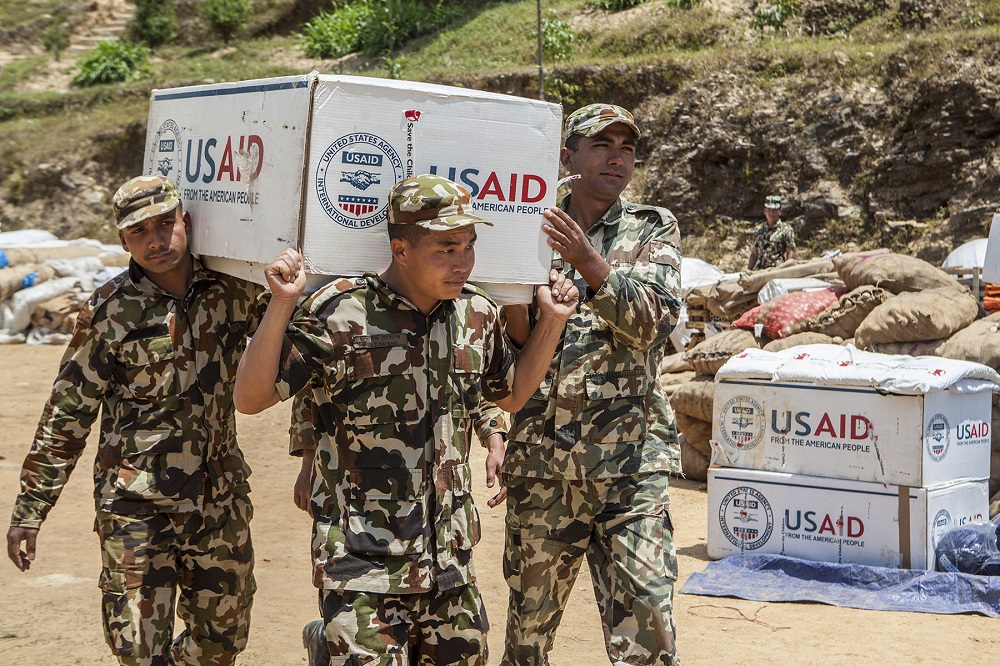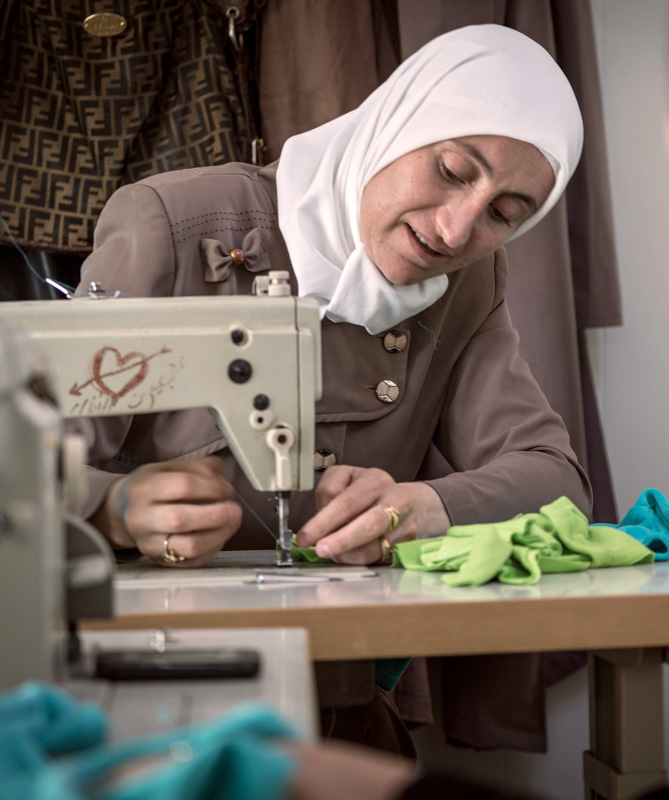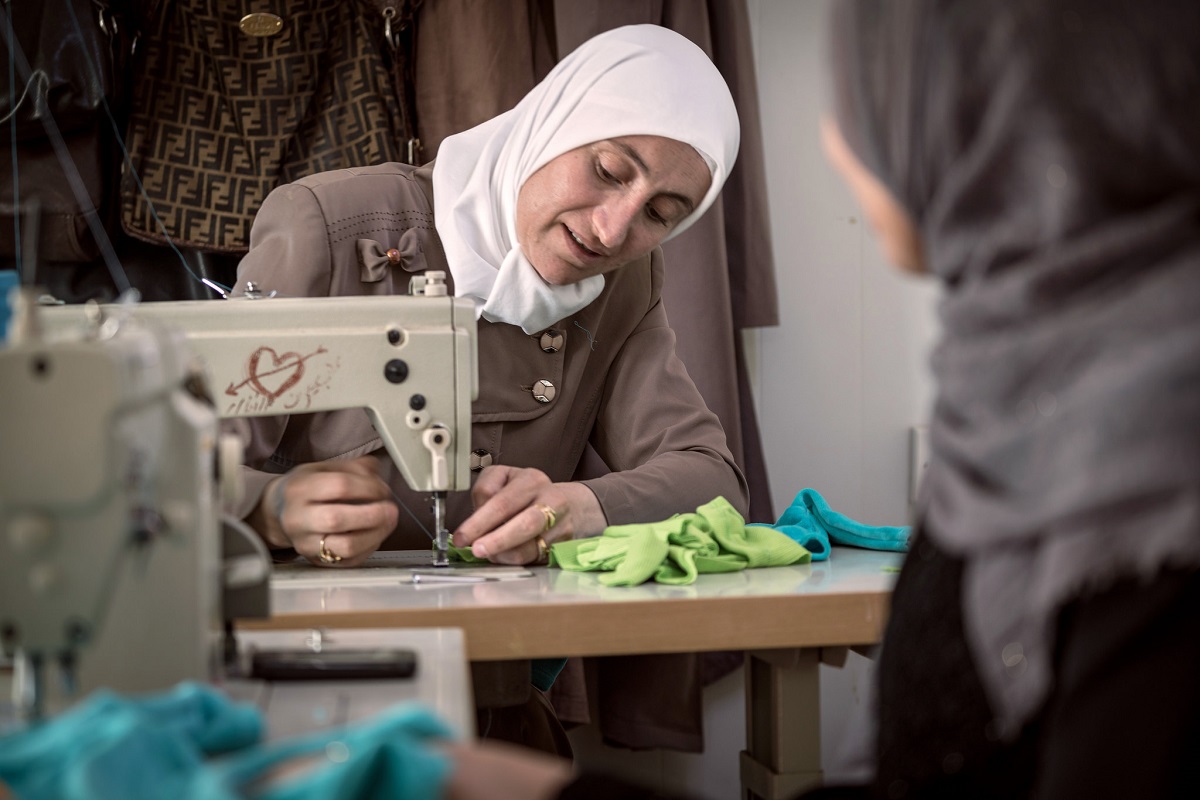Ideas to action: independent research for global prosperity
Refugees
More from the Series
CGD NOTES
December 12, 2018
The US has long sought enhanced coherence, quality, and efficiency from its UN and NGO partners; it is time that the US government place these same demands upon itself. As the US Government grapples with how best to reconfigure its humanitarian engagement, it should adopt a Goldwater-Nicho...
Blog Post
November 06, 2018
On average, a refugee is displaced for 10 years, and after being displaced for five years, the average jumps to more than 20 years. The world could no longer ignore this reality in 2015, when more than one million asylum seekers and migrants arrived to Europe seeking refuge and opportunity. The...
BRIEFS
October 09, 2018
Many of the world’s 25 million refugees spend years struggling to provide for themselves or contribute fully to their host economies because they are legally barred from working or owning businesses. Granting refugees formal labor market access unlocks a range of benefits—for refugees, h...








